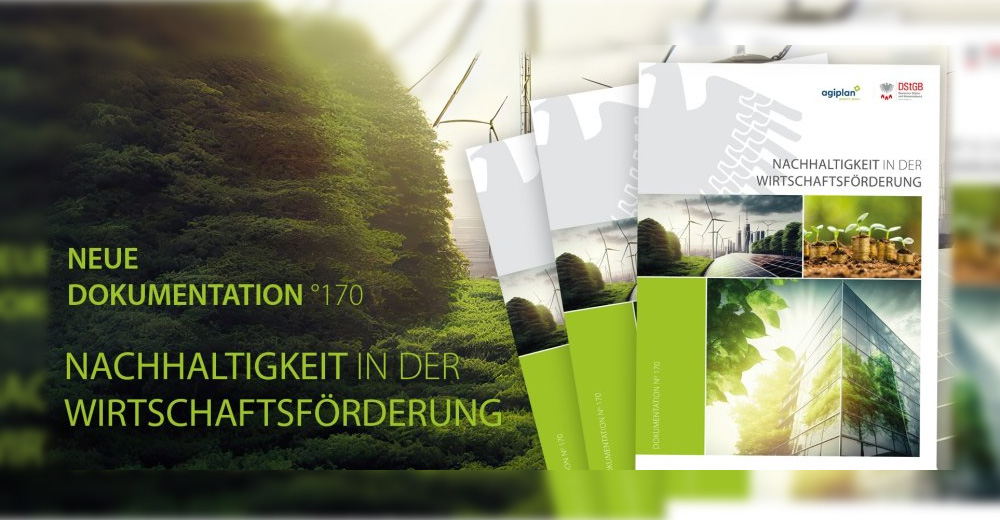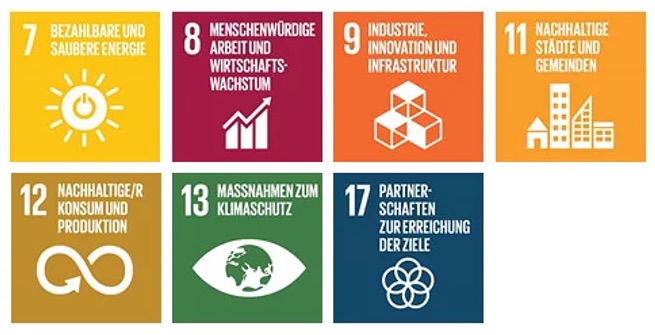
Wir blicken nach über 60 Jahren Unternehmensgeschichte in die Zukunft und verstärken unseren Public-Bereich.
Die deutschen Metropolen, Städte und Kommunen sind in Bewegung. Es gilt, Flächen zu entwickeln und zu vermarkten, Verkehrs- und Emissionsprobleme zu lösen oder moderne, urbane Logistik- und Produktionskonzepte zu erarbeiten. Die Herausforderungen von heute und morgen erfordern neue Strategien.
agiplan public denkt und arbeitet ganzheitlich. Wir bringen Wirtschaft, Wissenschaft und öffentliche Hand genau dort zusammen, wo Kooperationen und gemeinsame, zukunftsfähige Lösungen benötigt werden.Getreu unserer Vision: "Wir gestalten nachhaltige Transformation in Stadt und Region." erarbeiten wir mit Akteurinnen und Akteuren aus Wirtschaft, Wissenschaft und öffentlicher Hand Strategien, Konzepte und konkrete Umsetzungen für starke und resiliente Zukunftsräume.
Jede Region, jede Stadt und jede Metropole hat ihre eigenen Voraussetzungen und Herausforderungen. Blaupausen für die Entwicklung und Vermarktung von Flächen existieren ebenso wenig wie für die Lösung von Verkehrs- und Emissionsproblemen im urbanen Umfeld.
agiplan public setzt auf individuell zugeschnittene und kreative Lösungen, methodisch sicher und konsequent praxisorientiert. Dafür sorgen jahrzehntelange Erfahrungen im Public Management , ein gewachsenes Netzwerk sowie eine hohe praxisorientierte Fachkompetenz in allen Fragen rund um Flächen, Hubs, Mobilität und Logistik.
Wir leben mit voller Überzeugung unseren Anspruch, stets nachhaltige und innovative Lösungen zu erarbeiten und messen uns an den relevanten Sustainable Development Goals (SDG).

Rufen Sie einfach an oder nutzen Sie einen unserer Services.
Wir helfen Ihnen gern weiter!
Newsletterservice
Nutzen Sie unseren Newsletterservice und erhalten spannende Themen ganz bequem in Ihr E-Mail-Postfach.